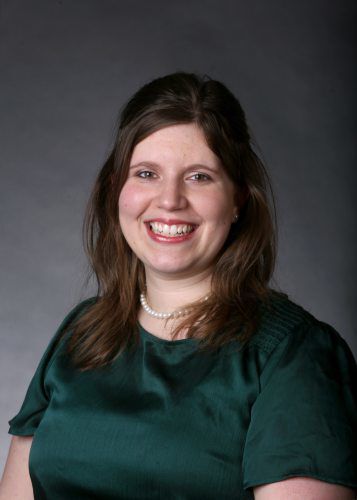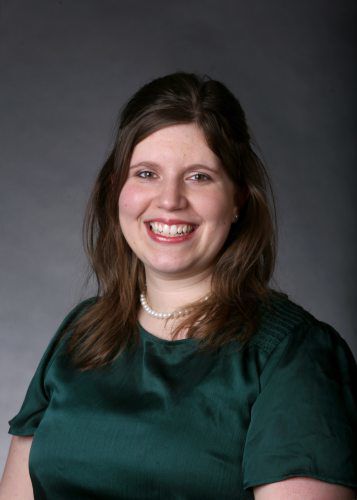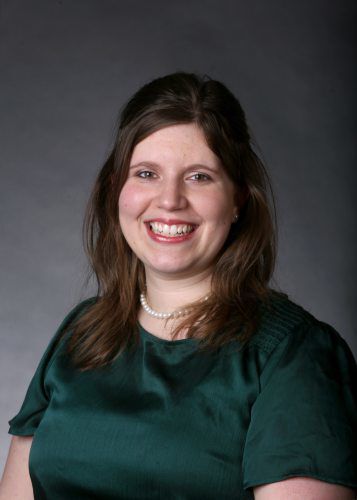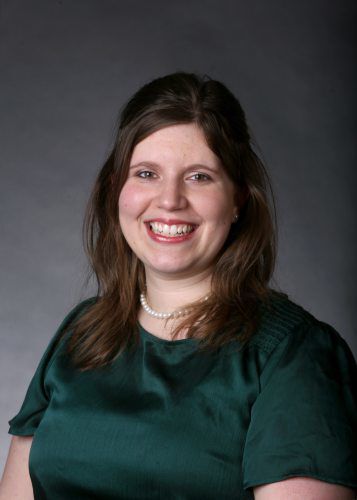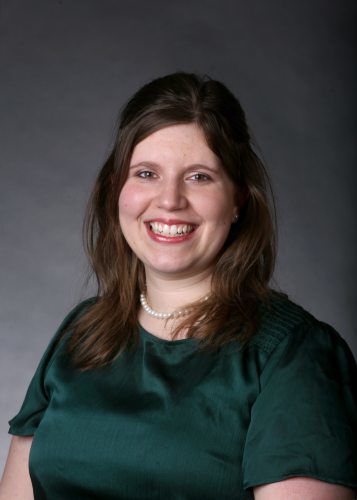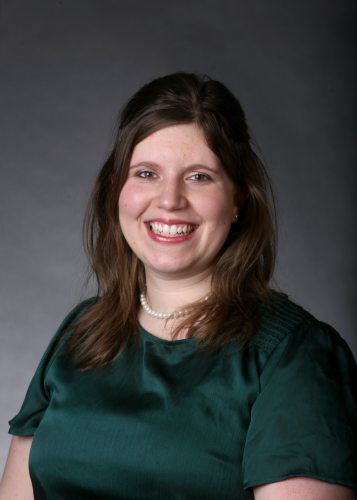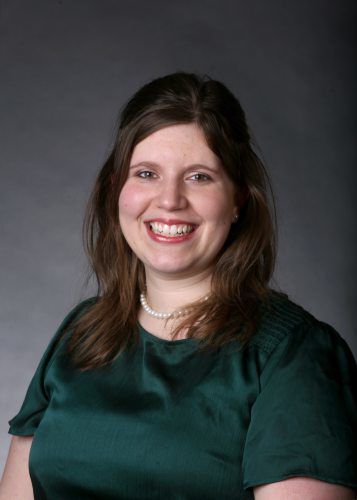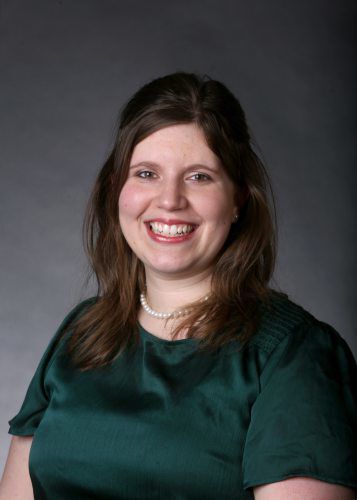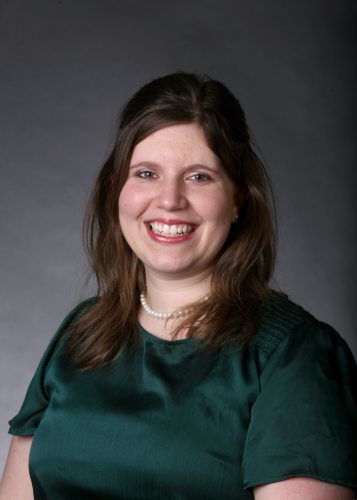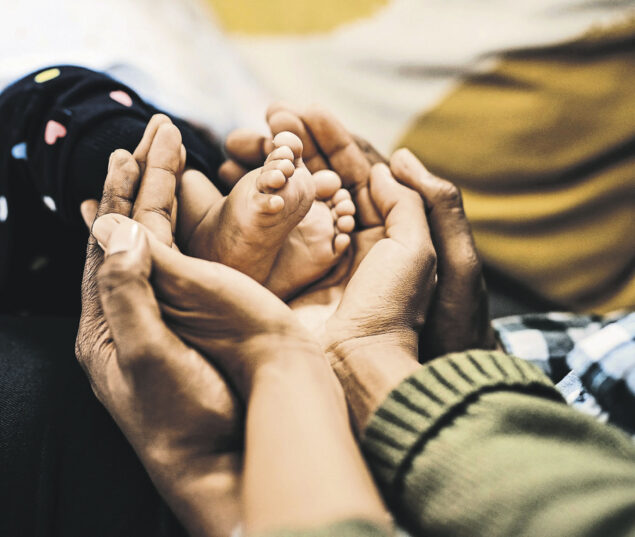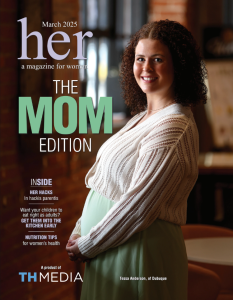In order to better understand how people in the U.S. are experiencing the emotional and financial impacts of the COVID-19 pandemic, New York Life asked 2,200 adults in late March and again in early and late April, a range of questions about how their emotions connect to their financial outlook.
Data was broken out by a number of demographics, including region, revealing some key findings about how people are responding in the Midwest.
Overall, we’re holding our own and continuing to prepare for whatever challenges come our way.
The coronavirus continues to disturb the Midwest. But positivity is rising
Aside from larger cities, the Midwest has been somewhat less impacted than other more densely populated regions in the U.S. Even so, deep uncertainty about the virus has led to mixed emotions in the past couple of months.
People in the region report feeling more worried than scared, although both emotions saw a decline during the course of April.
Though more than half of Midwesterners surveyed report feeling hopeful, feelings of connectedness and unity have dropped marginally since early March.
Retirement
Recent events have made people across the region re-evaluate many aspects of their lives, including their financial strategy. In each wave of our research so far, roughly half of Midwesterners have said their finances have become a greater priority.
In the short term, approximately 40% of Midwesterners say the economic outlook for the next year has made them feel less confident about the status of their savings. But looking longer term in the next 10 years, around a quarter say they feel more confident. Less than half of respondents say they feel confident their retirement savings will last them the rest of their lives.
Yet, concerns about retirement planning seem to be taking a back seat to other financial needs. Only around a quarter of Midwesterners say they’re prioritizing retirement as a result of the coronavirus and an even smaller proportion (21%) say that the current economic environment makes them more likely to save for retirement.
Caregiving
The long-term well-being and care of older relatives also is a growing concern for many in the Midwest. In late March, 59% of respondents said they were thinking of their aging family members more often. By late April, that percentage had grown to 68%.
Around a quarter of respondents in the Midwest believe the economic environment created by the pandemic has made it more likely they will have to care for an aging family member at some point. But only a third of respondents say they feel confident about caring for an older relative. This suggests some additional planning will be beneficial for families to cope with the impact of the virus on more vulnerable family members.
Changing course
The pandemic has raised new and urgent financial and family concerns for many people in the Midwest, as well as across the country. But the New York Life survey shows Midwesterners are aware of these issues and are increasingly ready to take steps to address them.
The proportion of Midwesterners saying their financial plan was a good start, but needs to be updated for the current environment, grew from 34% to 44% between late March and late April, for example. Meanwhile, the proportion who said they need to create or completely re-evaluate their financial strategies leapt from 51% to 67% between late March and late April.
As Midwesterners look ahead to what will become the next normal, it’s clear that further challenges could lie ahead. The good news is that a sound financial strategy, created with the support of a local financial professional, can offer greater peace of mind in these uncertain times.
Claire Damgaard is an agent with New York Life Insurance Company in Dubuque.

